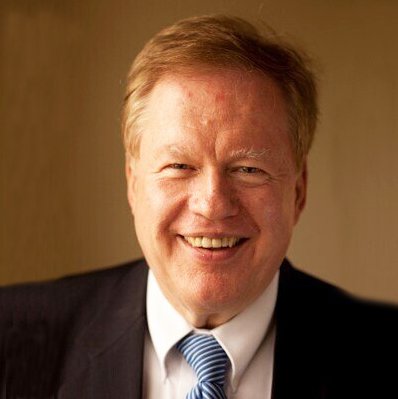The Significance of U.S. Government’s Appointment of Special Envoy for DPRK Human Rights
- Interview
- February 20, 2023

- Robert KING
- Former U.S. Special Envoy for North Korean Human Rights Issues

In light of the Biden administration’s recent decision to appoint Julie Turner as the Special Envoy for North Korean Human Rights Issues, EAI invited former Ambassador Robert King to share his past experience in the same position. Ambassador King elaborates on the various responsibilities of the Special Envoy for DPRK Human Rights, ranging from conducting international diplomacy to leading negotiations on providing humanitarian assistance. He assessed that while the Special Envoy should have been appointed earlier, it is nevertheless a good sign that improvement is being made in the U.S. Government to address human rights in North Korea.
I. Significance of the Appointment of Ambassador Julie Turner
ㆍ Considering that the Trump administration failed to appoint a Special Envoy for North Korean Human Rights Issues during the four-year term, President Biden’s decision to appoint someone now is a significant improvement in United States’ North Korea policy.
ㆍ The appointment of Ambassador Julie Turner as a Special Envoy has been very welcomed in the United States. She is a highly experienced diplomat who has dealt with democracy and human rights issues in the Department of State.
II. Roles and Responsibilities of a Special Envoy for DPRK Human Rights
ㆍ U.S. Special Envoy for DPRK Human Rights Issues has a broader mandate than does the South Korean Ambassador for North Korean Human Rights.”
ㆍ As the former Special Envoy, Ambassador King has placed important focus on international diplomacy with various countries and institutions including the United Nations, South Korea, Japan, the European Union, China, and Indonesia. Raising general awareness of the human rights situation in DPRK, negotiating humanitarian assistance with the DPRK, assisting American NGOs in providing food aids to North Korea, and communicating with both South and North Korea to potentially arrange a reunion for divided families were also some of the important responsibilities that Ambassador King undertook. ■
■ Robert King_ served as special envoy for North Korea human rights issues at the U.S. Department of State. He was nominated by President Barack Obama, confirmed by the U.S. Senate, and served in that position from November 2009 to January 2017. Ambassador King led U.S. efforts to press North Korea for progress on its human rights, U.S. humanitarian work in North Korea, and the treatment of U.S. citizens being held in the North. He represented the United States in international organizations dealing with these issues. Earlier, Dr. King was staff director of the House Foreign Affairs Committee under Chairmen Tom Lantos and Howard Berman and prior to that was a senior professional staff member of the committee (1993–2009). He was concurrently chief of staff to Representative Tom Lantos (1983–2009). In the 1970s, as a White House fellow, he was a member of the National Security Council staff working with Dr. Zbigniew Brzezinski in the Jimmy Carter administration. He was also assistant director of research and senior analyst at Radio Free Europe in Munich Germany (1970–1977). Dr. King holds a Ph.D. in international relations from the Fletcher School of Law and Diplomacy and a B.A. in political science from Brigham Young University. An adjunct professor, he has taught courses in international relations and U.S. foreign policy in a number of graduate and undergraduate programs. He was awarded the Knight’s Cross Order of Merit by the president of the Republic of Hungary.
■ Typeset by Jisoo Park, Research Assistant
For inquiries: 02 2277 1683 (ext. 208) | jspark@eai.or.kr